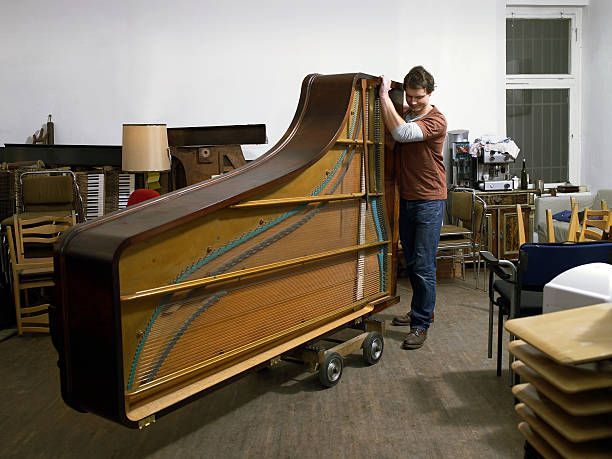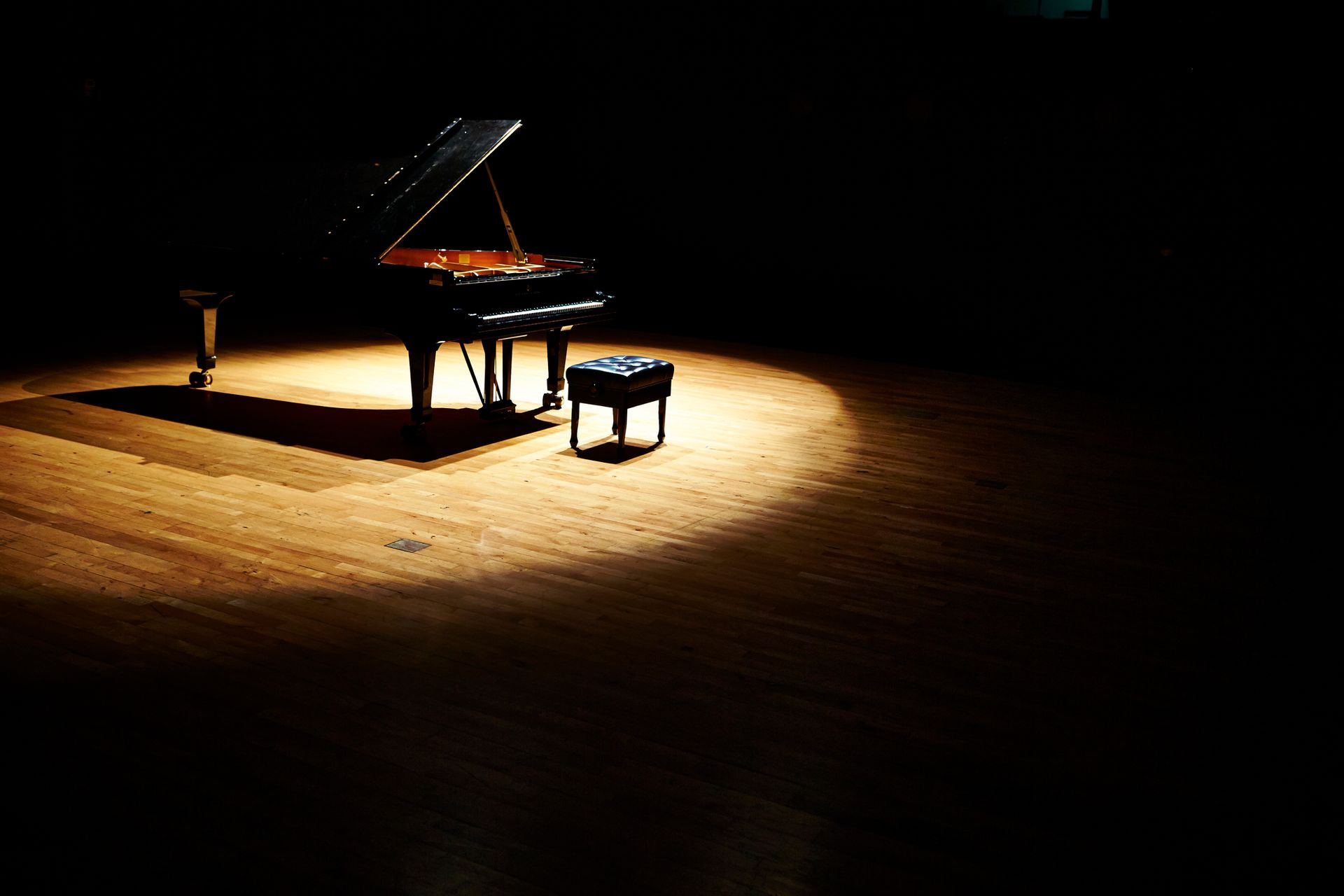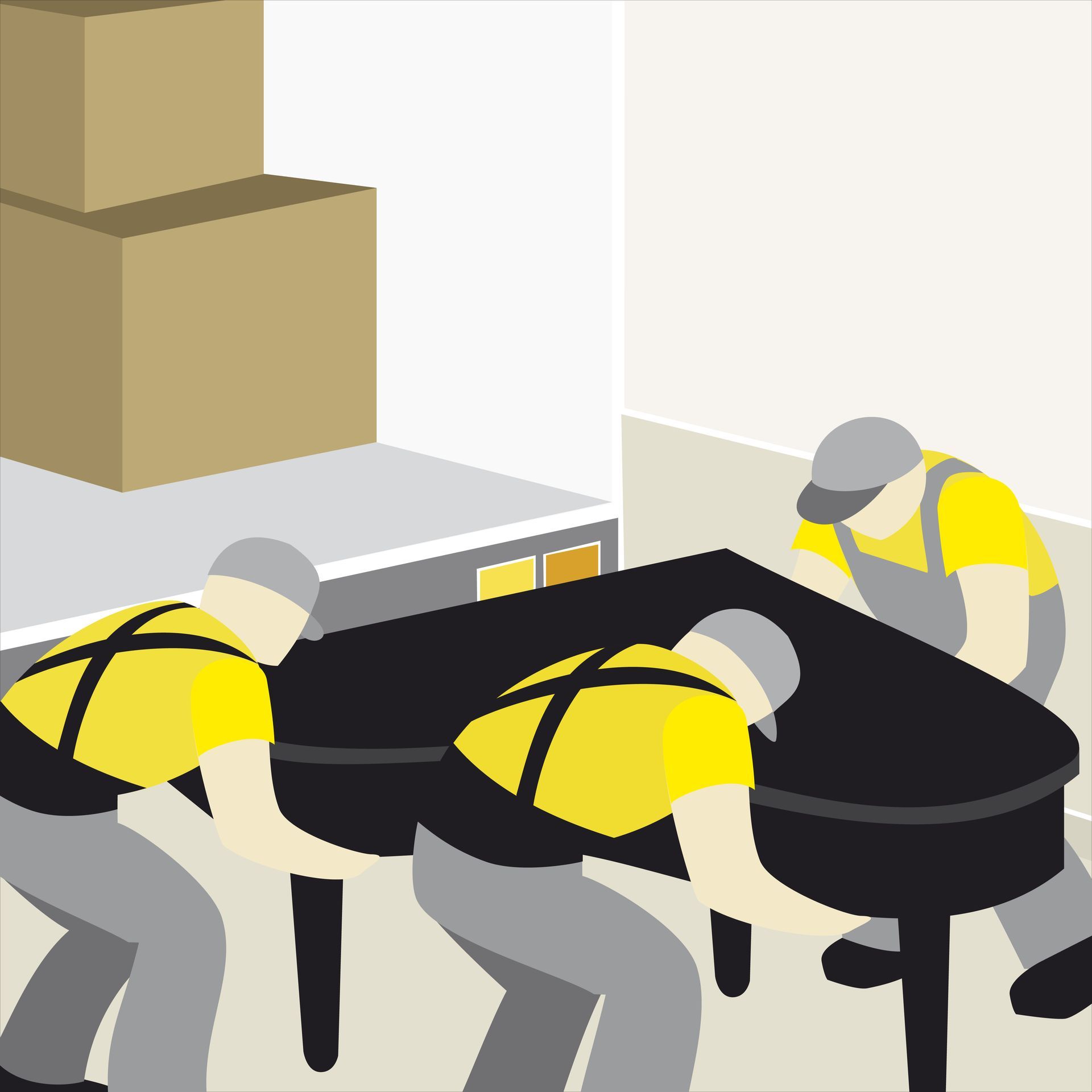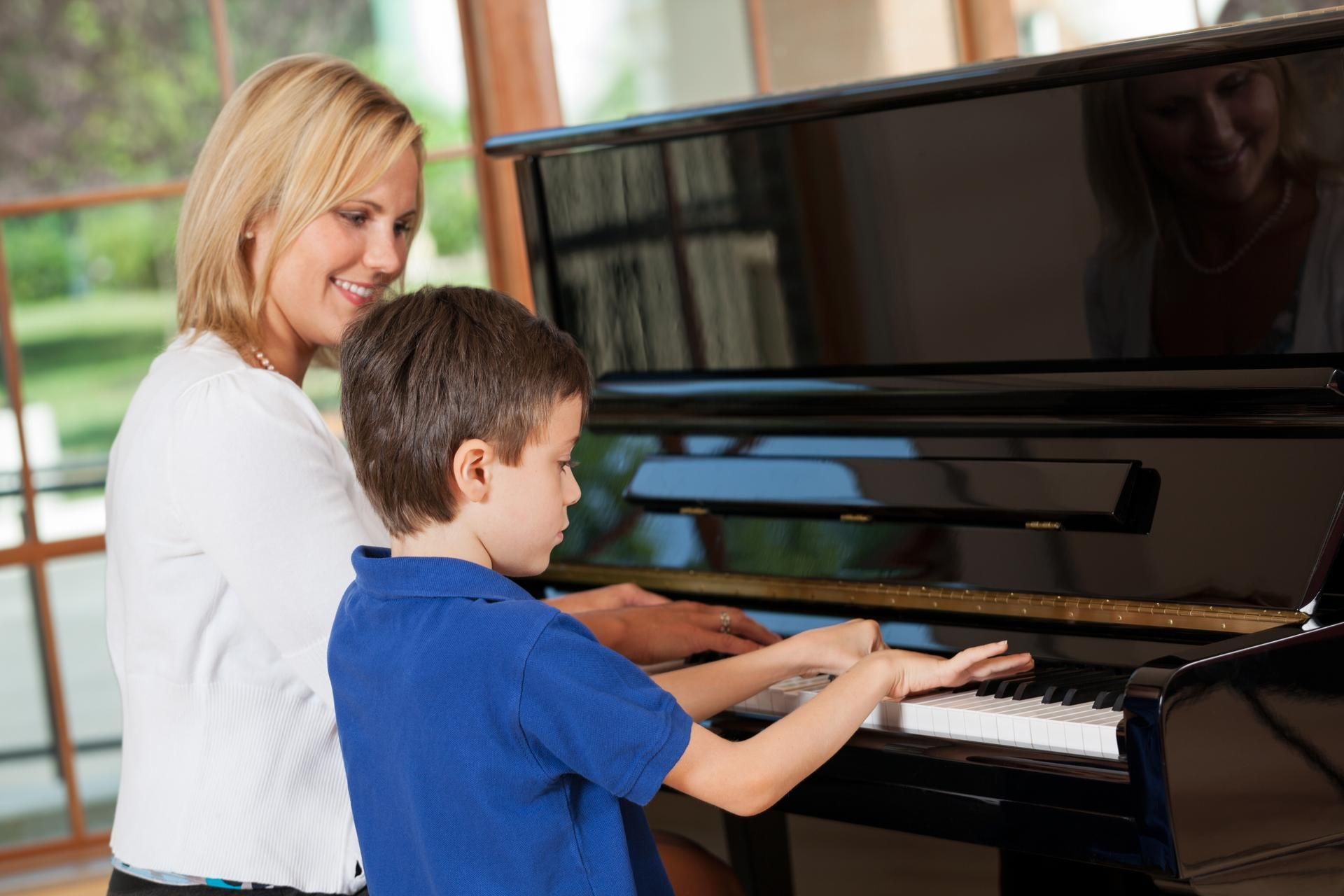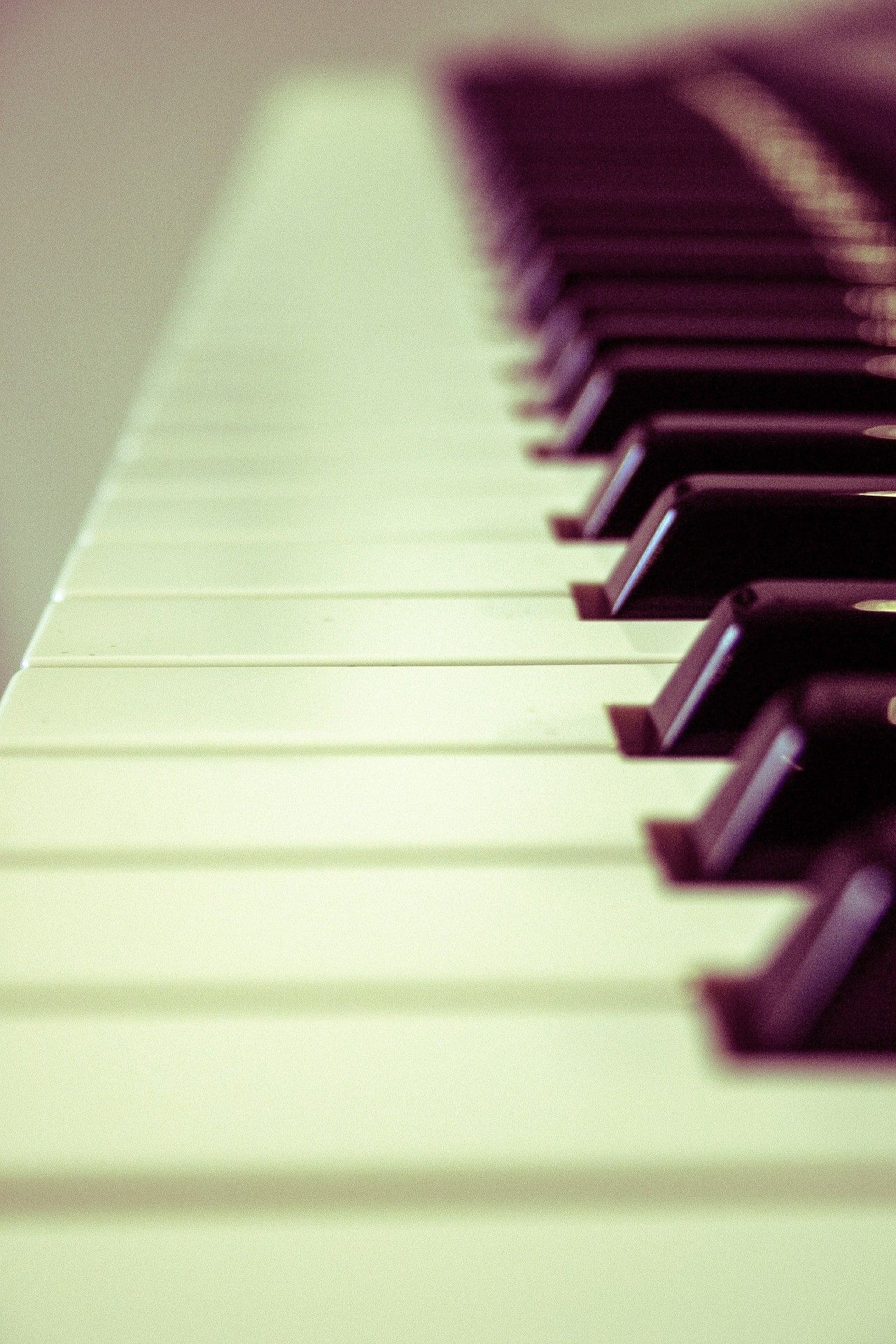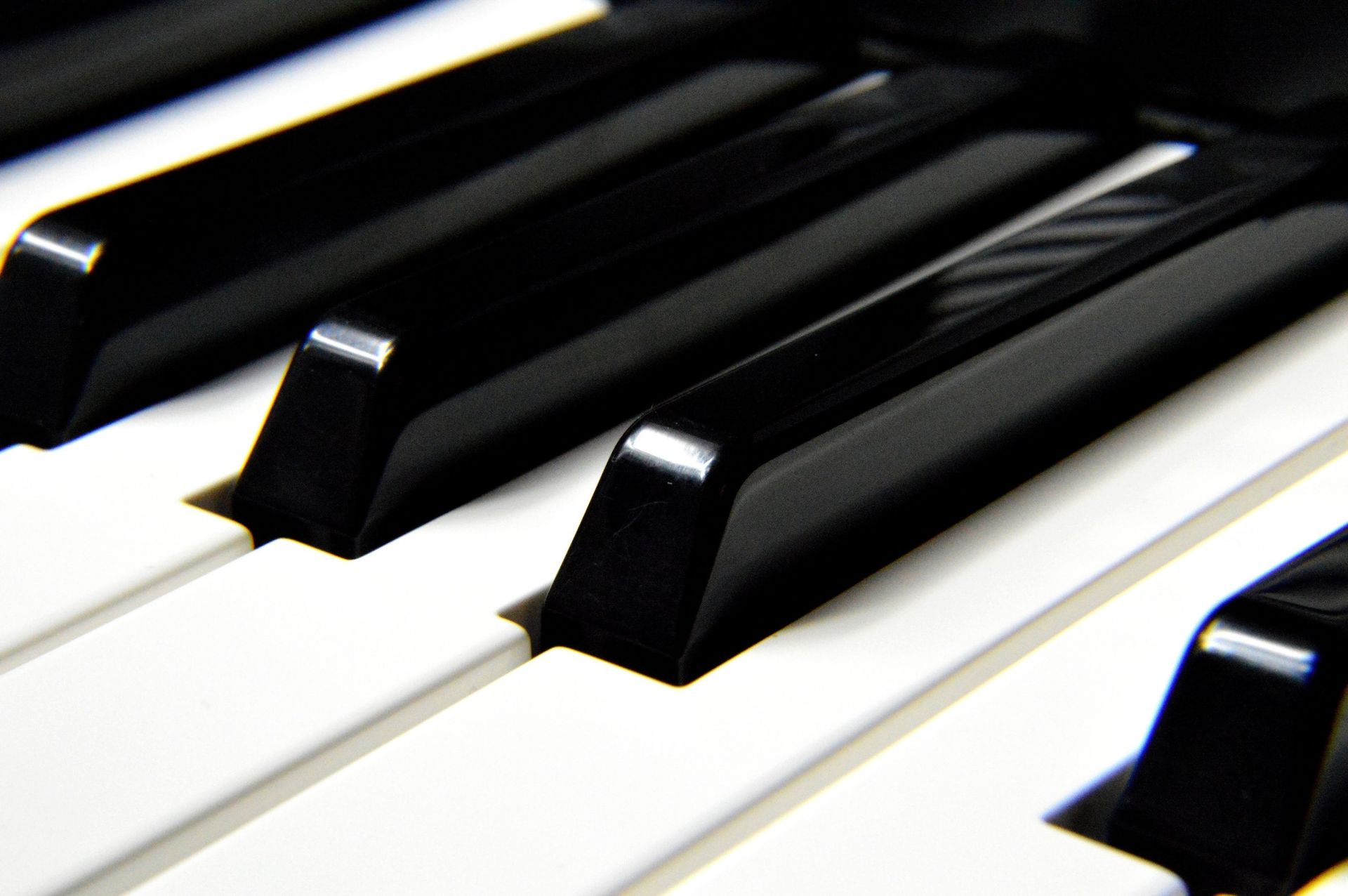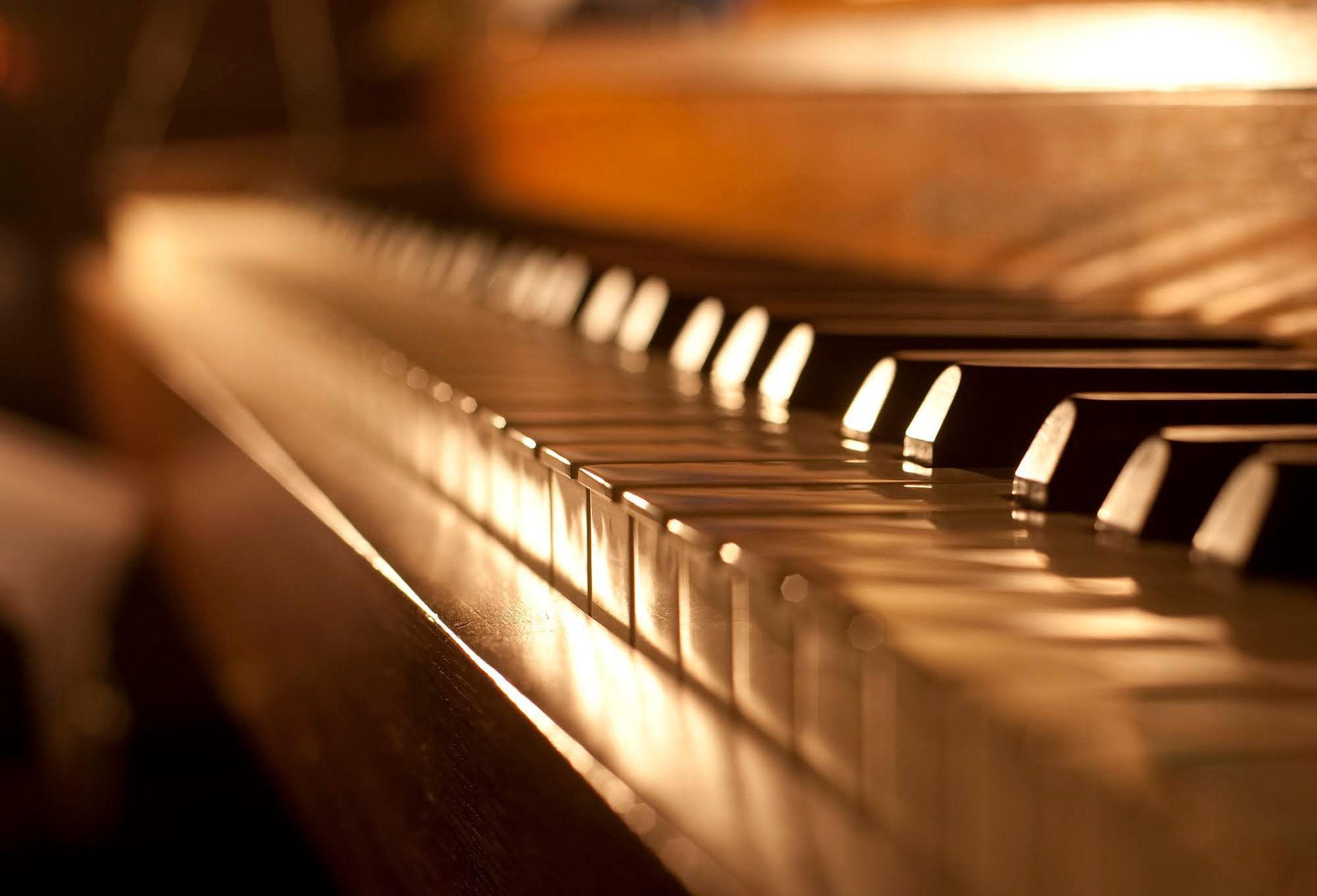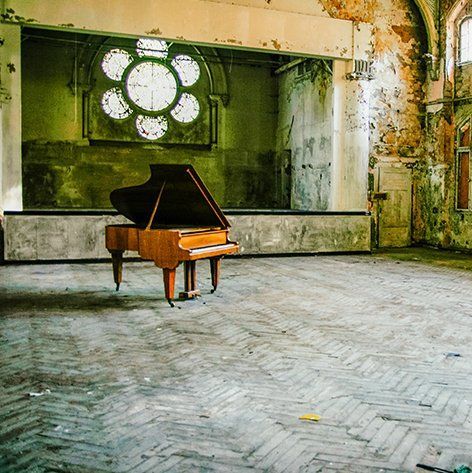Tips for Maintaining Pianos After a Move
You may have to move your piano for several reasons, such as a new career change or a gig in a different location. Once a professional mover has helped you to transport your piano, it's important to know how to take good care of it in order to maintain the piano's optimum performance. Here's how to take care of your piano after a move.
Choosing a Good Position
One of the first steps in maintaining a piano after a move is selecting an appropriate position in your home. Choose a location away from direct sunlight, extreme temperature changes, and areas prone to high humidity or dryness. Direct sunlight can cause the wood to warp and fade, affecting the instrument's overall structural integrity and sound quality.
To protect your piano, place it away from windows and direct sunlight. If placing it near a window is inevitable, consider using curtains or blinds to block the sunlight during peak hours.
On the other hand, extreme temperature and humidity fluctuations can cause the wood to expand and contract, harming the instrument's tuning stability and structural integrity. Ideally, place the piano in a room with consistent temperature and humidity to ensure stability and longevity.
Use a humidifier during dry seasons to prevent the wood from drying out and a dehumidifier during humid periods to protect the instrument from moisture damage. Keeping the room temperature stable helps maintain the tuning stability and prevents the piano from going out of tune frequently.
Regulating the Instrument
After a move, it's imperative to have the piano regulated by a professional piano technician. Piano regulation involves adjusting the action of the keys and pedals to ensure that they respond correctly and consistently. This process ensures that the keys are at the appropriate height and that the hammers strike the strings properly. A well-regulated piano guarantees a balanced and responsive touch, allowing for accurate and expressive playing.
Keeping Your Piano Tuned
Regular tuning is essential to maintaining the pitch and overall sound quality of your piano. After a move, the tension of the strings may have shifted, causing the instrument to fall out of tune. Hiring a qualified piano tuner to tune your piano regularly helps maintain its optimal sound and prevents potential damage caused by prolonged exposure to dissonant tones. A tuned piano not only produces a pleasing sound but also encourages regular practice and enjoyment.
Keeping Your Piano Clean Inside and Out
Use a soft cloth to remove dust and dirt from the external surfaces, including the keys, cabinet, and pedals. Avoid using abrasive cleaners or harsh chemicals that can damage the piano's finish. Additionally, it's essential to keep the internal components clean by scheduling regular professional maintenance. Dust and debris can accumulate inside the piano and affect its sound and performance.
Playing Your Piano Regularly
Regular playtime keeps the internal components active, preventing them from seizing up or deteriorating due to lack of use. Regular play also helps you identify any potential issues with the instrument, such as sticking keys or uneven sound, allowing you to address these problems promptly. Regular practice also helps maintain your skills and fosters a deeper connection with your instrument.
Avoiding Spills and Contaminants
Liquids can seep into the intricate mechanisms, causing damage to the sensitive inner components and compromising the instrument's sound quality. Moreover, spilled substances, such as food or drinks, can attract pests and lead to mold growth, ultimately affecting the piano's structural integrity. Dust and dirt can also infiltrate the piano, hindering the smooth movement of keys and hammers.
Johnson's Piano Moving offers expert piano moving services. Contact us now to book an appointment with us and find out why we are the piano movers to trust.

